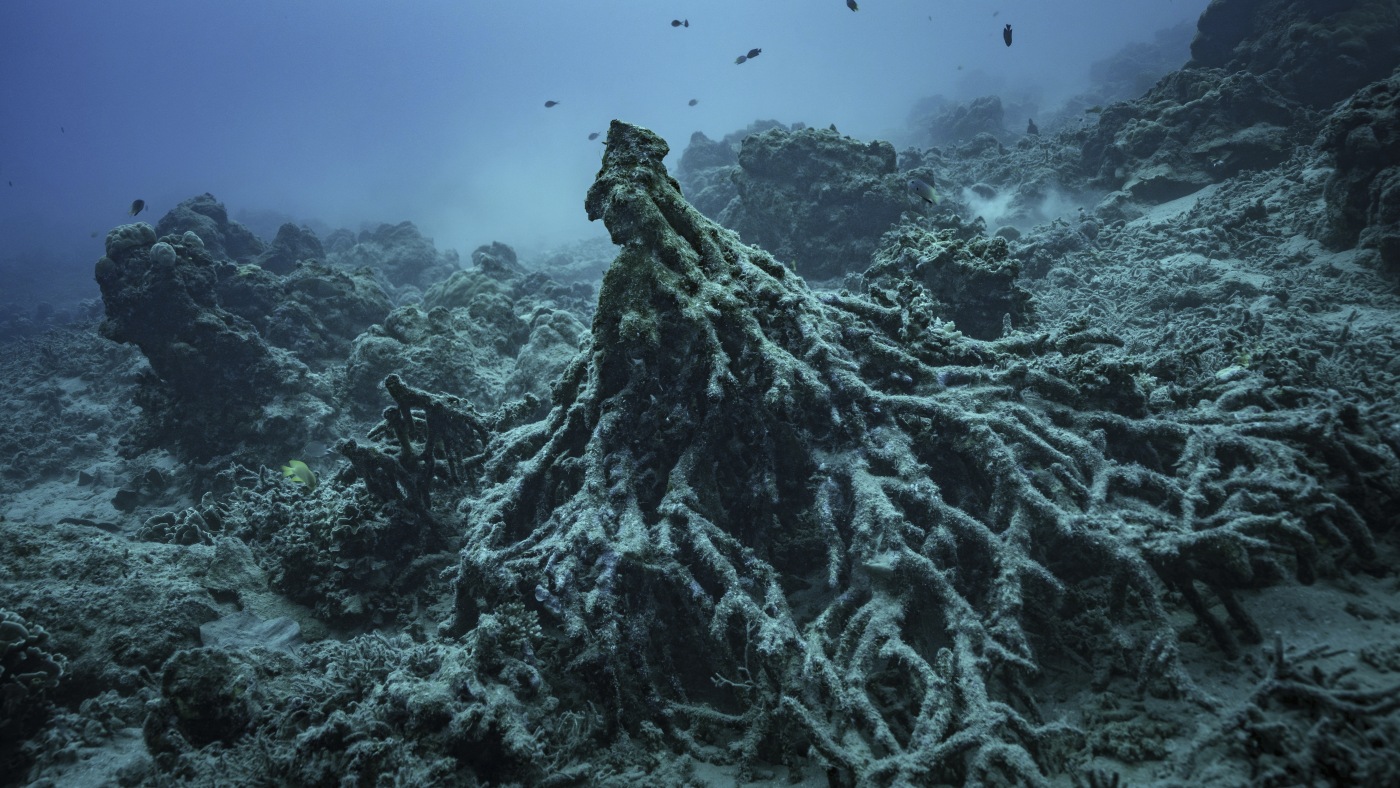The Weight of the World: Analyzing the ICJ’s Climate Obligations Ruling
Introduction: A Pivotal Moment in Climate Justice
The International Court of Justice (ICJ) stands at the precipice of history. On July 23, 2025, the world will witness a landmark decision that could redefine the legal landscape of climate action. Initiated by the vulnerable Pacific Island nation of Vanuatu, this advisory opinion seeks to clarify the obligations of states under international law to protect the climate system. While not legally binding, the ICJ’s pronouncement carries immense weight, offering an authoritative interpretation that could shape climate policy for decades. This report explores the genesis of the case, the legal framework underpinning it, and the potential consequences of the court’s decision.
The Genesis of the Case: A Cry from the Islands
The story begins in Vanuatu, a nation acutely threatened by rising sea levels and extreme weather events. Recognizing the existential threat posed by climate change, Vanuatu spearheaded a campaign within the United Nations to seek legal clarity on state obligations. This effort culminated in a historic UN General Assembly resolution, requesting the ICJ to address two profound questions:
These questions strike at the heart of the climate crisis, demanding a legal framework to hold nations accountable for their contributions to global warming.
Diving into the Legal Framework: Unpacking State Obligations
The ICJ’s task is daunting, requiring it to navigate a complex web of international treaties, customary law, and general principles. Key legal areas under scrutiny include:
The UNFCCC and the Paris Agreement
These treaties establish a framework for international cooperation, setting emissions reduction goals and promoting adaptation measures. The ICJ will likely consider principles such as “common but differentiated responsibilities,” which acknowledges the greater historical and financial capacity of developed nations to address climate change.
The Principle of No Significant Harm
A cornerstone of international environmental law, this principle obligates states to prevent activities within their jurisdiction from causing significant harm to other states’ environments. The ICJ must determine whether greenhouse gas emissions violate this principle, given the scientific consensus on their impact.
Human Rights Law
Climate change threatens fundamental human rights, including life, health, food, water, and housing. The ICJ may explore whether states have a duty under human rights law to mitigate climate change to protect these rights, particularly for vulnerable populations.
Due Diligence
The ICJ will examine whether states must act with due diligence to prevent foreseeable harm, given the current climate crisis and available scientific evidence. This could require nations to take reasonable measures to reduce emissions and adapt to climate impacts.
Potential Consequences of Inaction: Holding States Accountable
The second question posed to the ICJ concerns the legal consequences for states that have caused significant harm to the climate system. If the ICJ finds violations, it could outline several remedies:
Obligation to Cease Harmful Conduct
States may be required to immediately reduce greenhouse gas emissions and prevent further harm to the climate system.
Obligation to Provide Reparation
States could be compelled to compensate those affected by climate-related damages, including financial aid for loss and damage and assistance with adaptation measures.
Obligation to Cooperate
States may be required to collaborate on climate action, including technology transfer and financial assistance.
Determining these legal consequences is complex, involving issues of causation, attribution, and individual state responsibility. However, a clear articulation of these consequences could incentivize more ambitious climate action.
Beyond the Courtroom: Implications for the Future
The ICJ’s advisory opinion, regardless of its specific findings, will have far-reaching implications:
Strengthening the Legal Basis for Climate Action
The opinion will provide a clear articulation of states’ legal obligations, bolstering domestic and international climate policies.
Informing Climate Litigation
The opinion will serve as a legal precedent in climate litigation cases worldwide, guiding courts on interpreting international law and state obligations.
Influencing State Behavior
The opinion will likely encourage states to take more ambitious climate action to comply with their legal obligations and avoid liability.
Empowering Vulnerable States
The opinion will amplify the voices of vulnerable nations, such as SIDS, strengthening their advocacy for stronger climate action and redress for climate-related damages.
A Defining Moment: Seizing the Opportunity
The ICJ’s ruling on climate obligations marks a critical juncture in the global response to the climate crisis. While the advisory opinion is not a panacea, it serves as a catalyst for action. Its true power lies in its potential to galvanize climate policy, solidify legal foundations, and empower vulnerable nations. The world must seize this moment, translating the ICJ’s legal pronouncements into tangible action. The weight of the world rests, in part, on the interpretation and implementation of this landmark decision. The future of climate justice hangs in the balance, and the ICJ’s ruling could be the tipping point that propels the world toward a more sustainable and equitable future.

